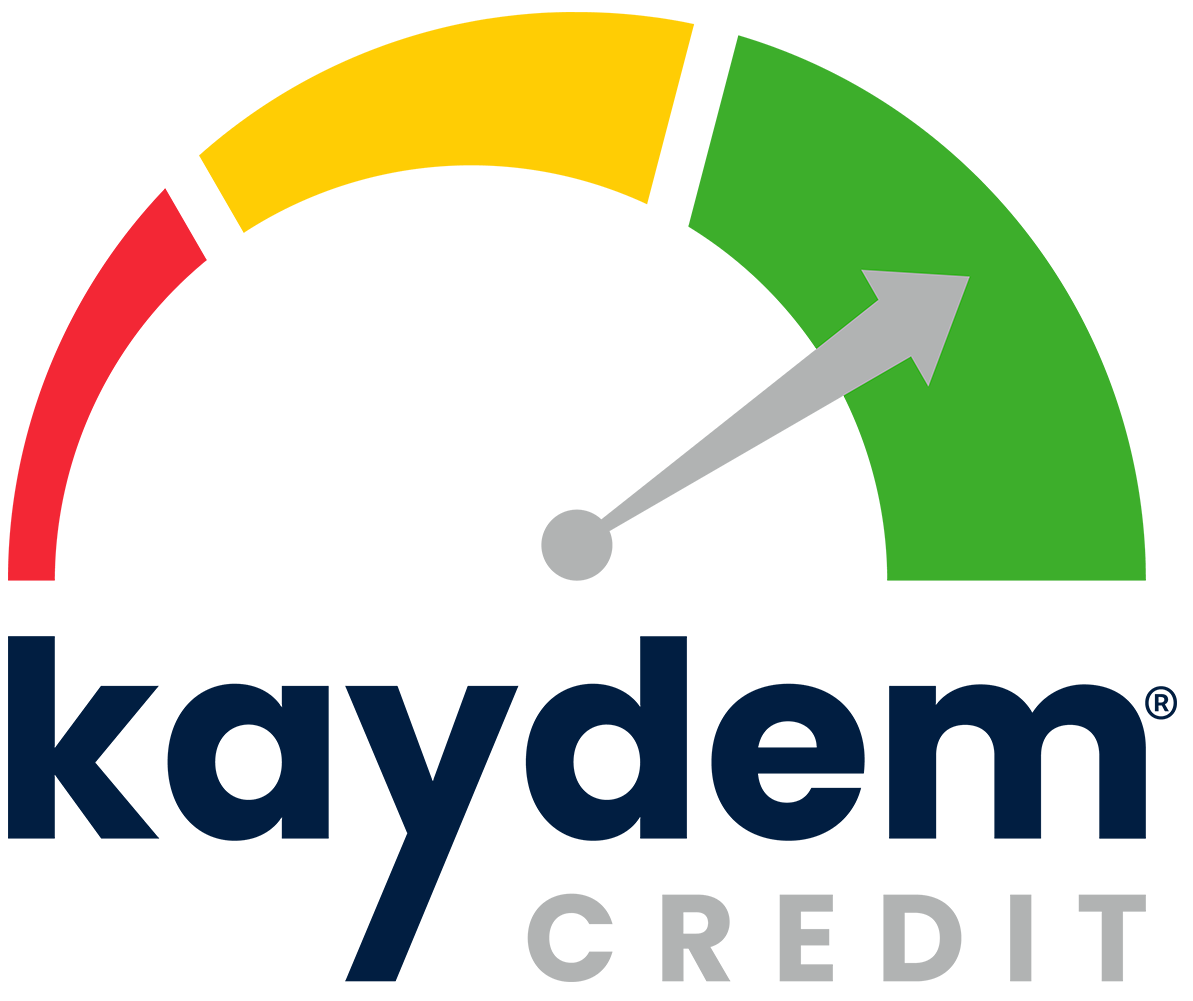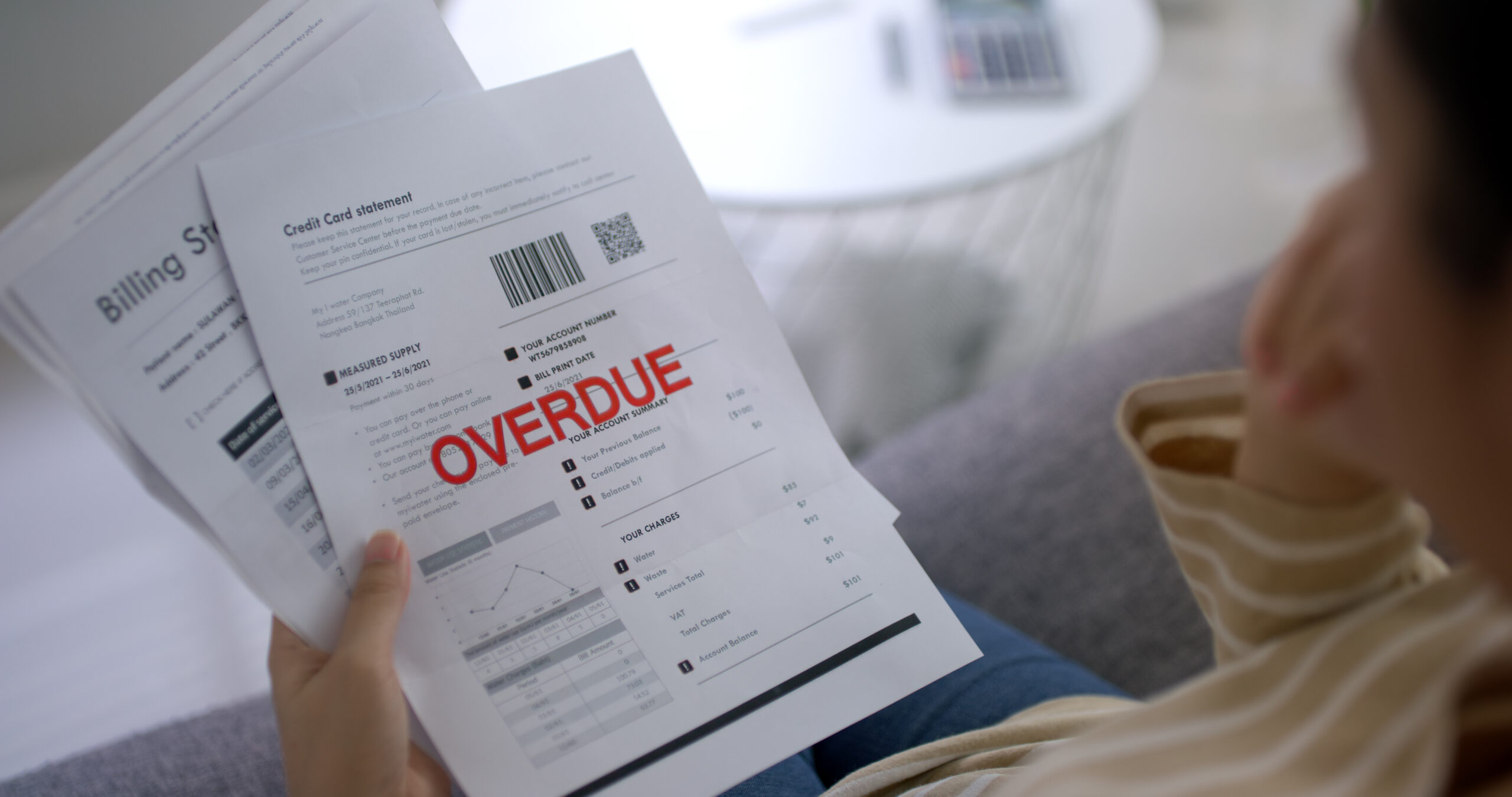Are you struggling with the negative effects of late payments on your credit score? Asking yourself how can I clean my credit report? Has this caused difficulty when trying to obtain financing or other services? If so, it is essential to understand how to remove inaccurate late payments from your credit report properly. This article will provide a step-by-step guide on how to restore and maintain a good credit score.
Why Late Payments Damage Credit Scores
Late payments can significantly affect your credit score, which makes the lenders believe you are not managing your finances responsibly. When a late payment gets reported to the credit bureaus, it will appear on your report for up to seven years. It can lower your credit score by 60 to 110 points, leading to higher interest rates and difficulty obtaining financing or other services.
Late payments will gradually have less of an impact on your credit score over time. But, until it’s removed from your report entirely, future lenders can still access and view this history. Nevertheless, you’ll notice that the adverse effects dissipate gradually with each passing day.
Missed payments are recorded on your credit report as 30, 60, 90, or 120 days late. Each delinquency level has a unique effect on your credit scores.
The later you are with a payment, the more destructive it will be to your credit score. Furthermore, recent late payments have an even more significant effect than past payments.
How to Remove Late Payments & Clean My Credit Report
Erasing late payments from or updating them to ‘never-late’ status on your credit report is relatively effortless if you follow the proper steps. You have a handful of options at your disposal when it comes to doing this.
Ultimately, your resolution should be based on your credit history, relationship with the creditor, and resources available to devote towards this task.
3 methods you can use to remove late payments from your credit report:
- Ask for a Goodwill Adjustment: You can contact the creditor or lender directly and ask for a goodwill adjustment. In this scenario, you ask them to forgive your late payments in exchange for a good history with their company. Credit card companies have some wiggle room when it comes to reporting and removing late payments. So under the right circumstances, they can remove them from your credit reports successfully.
- Offer to enroll in auto-payments: In some instances, creditors may offer to erase an overdue payment from your credit records if you pledge to enroll in automatic payments. If you’ve experienced difficulties making payments but have not fallen far behind on your account balance, this plan of action is an ideal solution. To increase your chances of success when negotiating this deal, demonstrate that you are financially capable of making regular payments. This strategy again works best if you are a longer-term customer with the creditor.
- Dispute the Late Payment(s): If you are unsuccessful in using the above methods, disputing the remark directly with the credit bureaus may be your best option. Under the Fair Credit Reporting Act, you can dispute any inaccurate information appearing on your reports. The creditors must verify the information as accurate or remove the remark if they find it incorrect within 30 days. To begin the disputing process, you should first request copies of your credit reports to determine what bureaus are reporting the information. If the information does not look correct, send dispute letters to each bureau reflecting the inaccuracy. This method requires some work on your part and can prove time-consuming, so it may be best to trust a professional credit repair company if you do not have the time or patience to dedicate to this task.
Tips for Meeting Payment Deadlines in the Future
You can take a few steps to ensure that you meet payment deadlines to prevent future late payments.
First, keep track of all billing statements and due dates. You can also set up reminders or automatic payments to help make sure you never miss a payment again. Additionally, if you find yourself struggling with debt, reach out for assistance from a credit counseling service to create a debt repayment plan.
You can avoid the negative consequences of late payments by taking proactive steps to monitor and protect your credit. Doing so includes reaching out for assistance, setting up reminders or automatic payments, and disputing any inaccurate information appearing on your credit reports. These simple measures will help clean your credit report and ensure that your payment history remains untarnished in the future and that you can maintain a good credit score.







